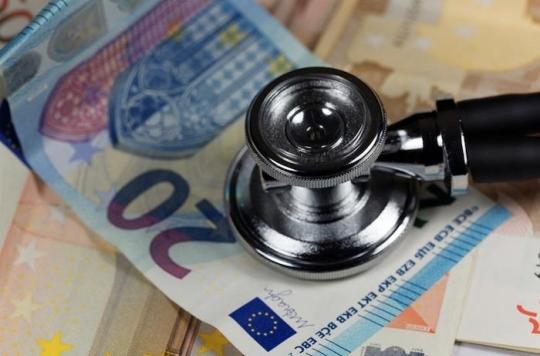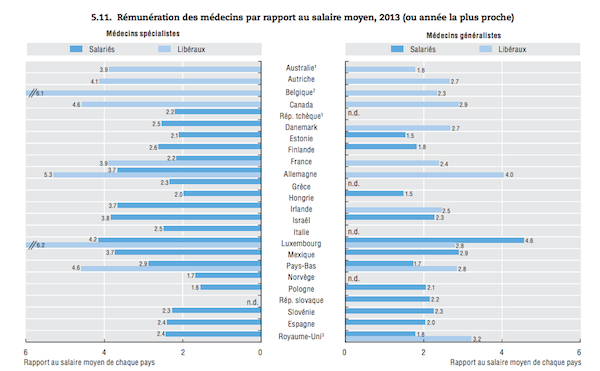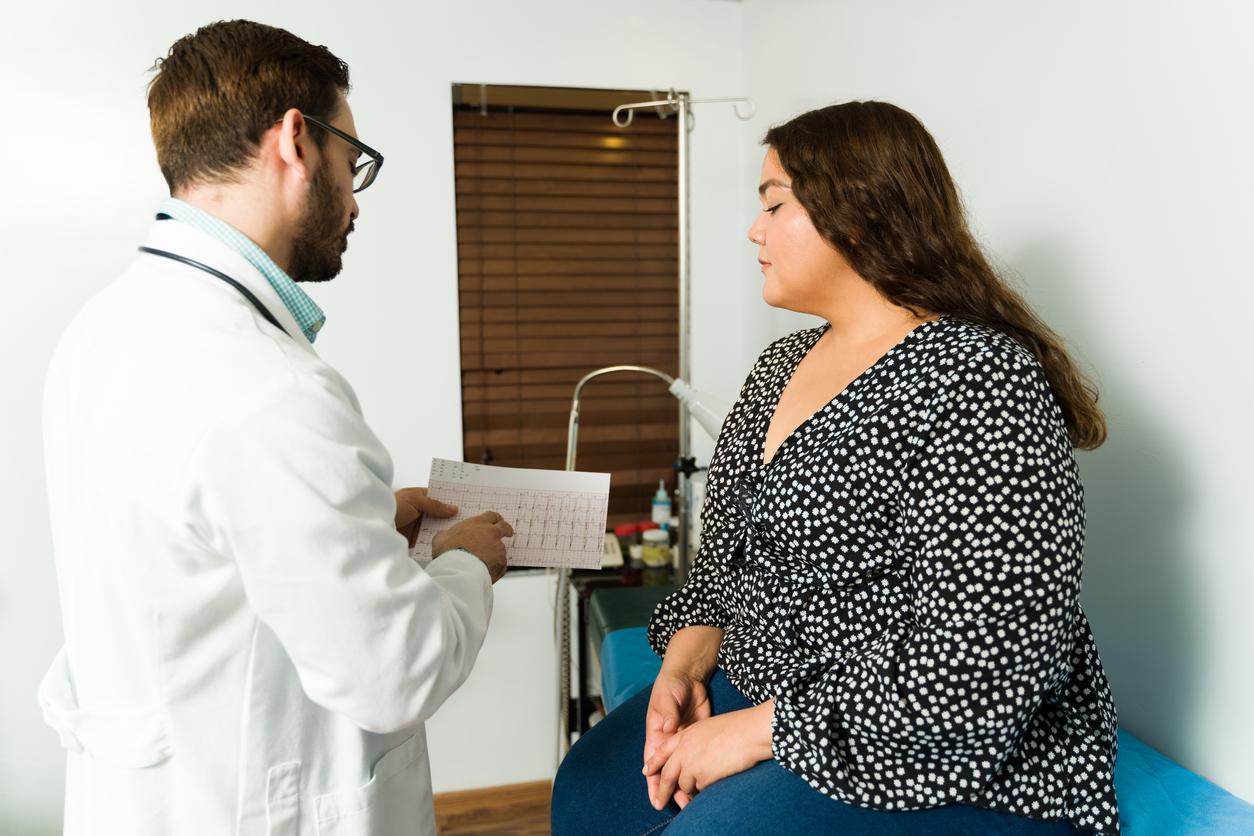The price of the consultation rose to 25 euros on May 1. But French GPs are worse off than their colleagues in Europe.

Since May 1, 2017, you have to pay 25 euros for a consultation with your general practitioner. An increase of 2 euros expected for 6 years by these practitioners and obtained after months of tough negotiations with the Health Insurance.
Other upgrades are also planned such as consultation of children from 0 to 6 years old at 30 euros or even long consultations which will be billed at 70 euros from the 1er July.
Significant but not sufficient
If the main union of general practitioners, MG France, welcomed these new prices, he nevertheless recalled that this was not enough to “reverse the declining demography of the profession” and “to practice under acceptable conditions”.
An opinion shared by other liberal medical unions such as the CSMF (Confederation of medical unions), the first organization among the liberal ones. Main argument of the latter: French doctors are paid much less than their European colleagues or member countries of the OECD.
The big price difference
In fact, if we compare the consultation rates set with our neighbors, French general practitioners have something to be envious of. In Great Britain, they vary between 95 and 315 euros in the private sector. In Germany, a consultation is billed 75 euros and in Switzerland it is paid on average 100 euros.
Only Belgium has agreed rates like France and requires a general medical consultation at 25 euros.
Mathematically, European colleagues earn a better living. According to the 2015 OECD Health Panorama, the annual income of French general practitioners is double the country’s average salary, or around 75,000 euros per year. In the United Kingdom, the Netherlands or even Canada, these health professionals can hope to win the triple.

Source: OECD
The OECD adds that in many OECD countries the income gap between general practitioners and specialists has continued to widen over the past decade. French, Irish and Italian doctors were notably victims of a freeze on their salaries and fees due to the economic crisis of 2008. The governments having decided to reduce health spending “while protecting the population’s access to care “. Decisions which could “reduce the financial attractiveness of general medicine”.
.















